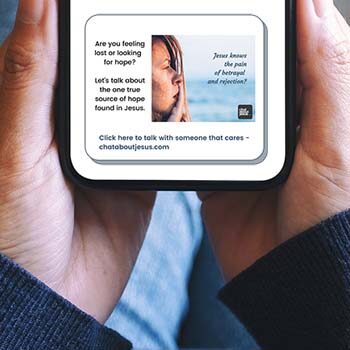How Generation Z is Completely Different
Generation Z is made up of those born between 1997 and 2016. They are considered the most digitally advanced generation having grown up in a connected world. They are the first generation to be raised in the era of smartphones with no memory of a world without internet.
They have also grown up in a digital world that is filled with cultural messages that are directly contrary to God’s Word. At a time when families spend less time together and more time online, it is no surprise that younger people are more open to different lifestyles and messages. For many teens in this country, we are more likely to have a Gospel centered conversation with them than their parents.
In order to understand their worldview, we have to take into account several defining characteristics of this group. For instance, Gen Z is more individualistic having grown up at a time where they could search for answers online and structure almost everything they consume around personal preference. This is certainly true for what they read, listen to and watch.
They also are more career focused with 72% thinking they can start a business any time and achieve success almost immediately. Six in ten also believe they will change the world. However, their view of the future is clouded by greater loneliness and depression than any other generation at the same age of life. An over saturation of screen time and multi-tasking has left many of them challenged in concentration and basic relationship skills.
More relevant to sharing biblical truth, they have contrary views on gender, sexuality and are more likely to identify as atheist. Two statistics highlight this challenge. The first is that 39% of teens say gender is based on feelings or desires and not birth sex. The other is that as many as 20% in some recent surveys claim something other than being heterosexual.
Lines we once thought were obvious and clear are now blurry at best for Gen Z. Home and work have become one. They see family differently and look at gender and romantic identities as fluid choices that can change based on emotion. We continue to share these type findings to help volunteers reach a generation that offers new challenges for sharing God’s love.



